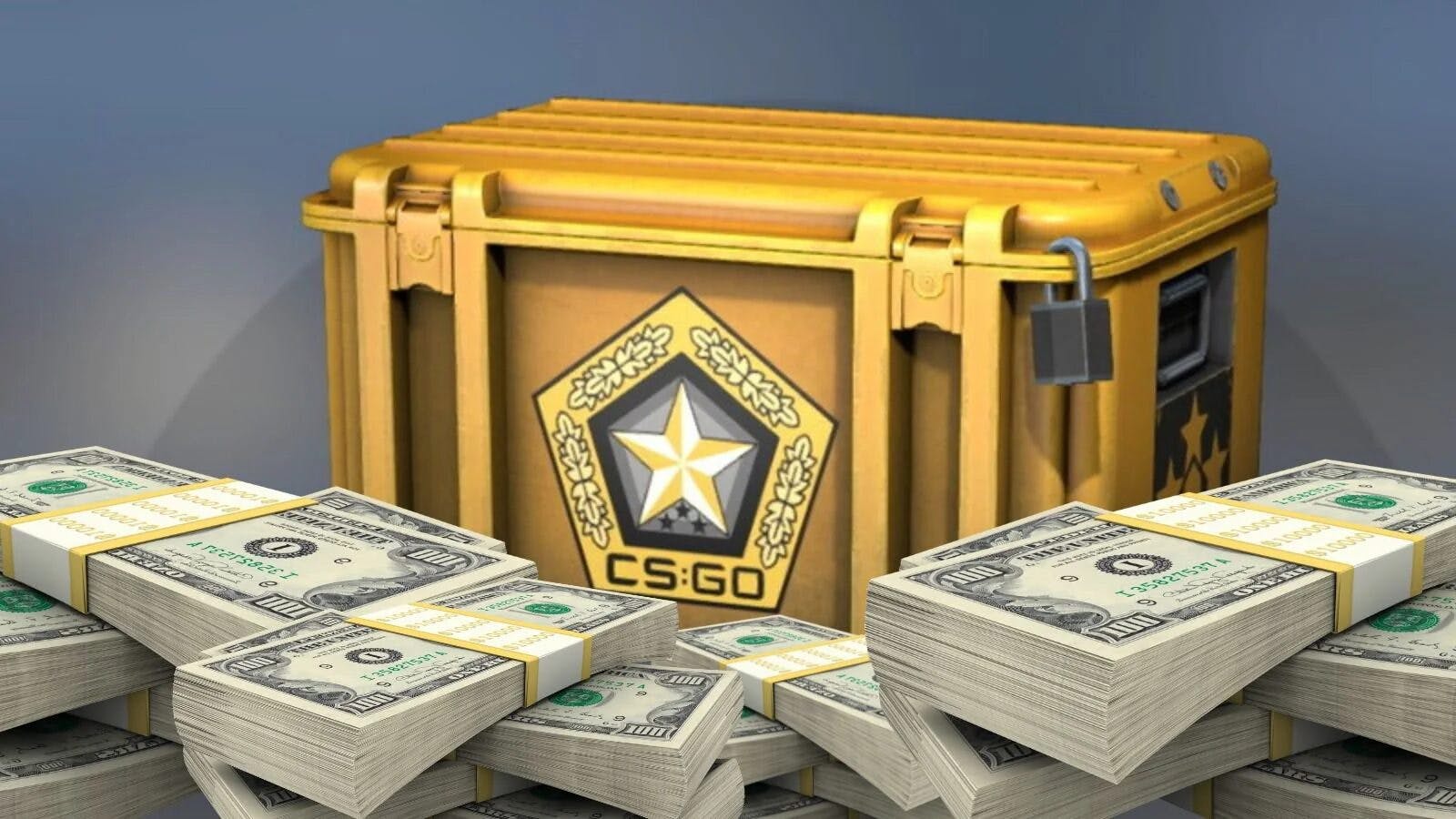Counter-Strike’s Loot Boxes Rake in Staggering $1 Billion in Revenue for 2023
Author: esports91
|
Published at: 08 Feb 2024

Counter-Strike, a powerhouse in the gaming industry, has once again demonstrated its financial prowess, amassing close to $1 billion in revenue solely from the sale of loot boxes in the past year. These virtual cases, available for purchase by players, contain random in-game items of varying values, a feature that has sparked controversy and regulatory scrutiny, drawing parallels to gambling.
According to reports from Business Insider and CS2 Case Tracker, a monitoring tool for Counter-Strike revenue, the game’s loot box “keys” alone generated an astounding $980 million in 2023. This staggering figure excludes additional purchases made through platforms like Steam or the Counter-Strike store, including collection packs that feature the keys, as highlighted by The Daily Dot.
While the financial success of loot boxes is undeniable for game studios, a longstanding debate persists among gamers and regulators regarding their potential to promote underage gambling.
The mechanics of loot boxes may vary across different games, but the underlying concept remains consistent: players acquire loot boxes using in-game currency or real money and receive randomized rewards. These rewards typically offer cosmetic items or visual enhancements for in-game assets, without providing any tangible advantage in gameplay.
Counter-Strike’s significance in this realm cannot be overstated. The game, hailed as a trailblazer in in-game loot boxes, has established a thriving marketplace where players can buy and sell skins, creating a unique in-game economy. Over the years, players have collectively invested millions, if not billions, in skins, with certain rare items fetching prices exceeding $1 million, such as the recent unboxing of an AK-47 Blue Gem just days ago.
Despite concerns surrounding the potential gambling-like nature of loot boxes, the demand for rare skins in Counter-Strike remains robust. In 2023 alone, players opened loot boxes amounting to over $1 billion, according to real-time data from CS2 Case Tracker.
This substantial sum, as reported by Dexerto, accounts for the $980 million spent on keys for cases in 2023, according to CS2 Case Tracker, excluding the cost of the cases themselves.
The debate surrounding the gambling-like nature of loot boxes has garnered global attention, with reports indicating significant numbers of individuals, including minors, experiencing gambling-related issues. In response, regulatory bodies such as the UK Parliament have called for stricter regulations, with proposals to reclassify loot boxes in video games as gambling.
To address growing concerns, the Entertainment Software Ratings Board introduced a rating section in April 2020 specifically highlighting games featuring randomized in-game purchases, including loot boxes, to provide consumers with more transparency and informed choices.


